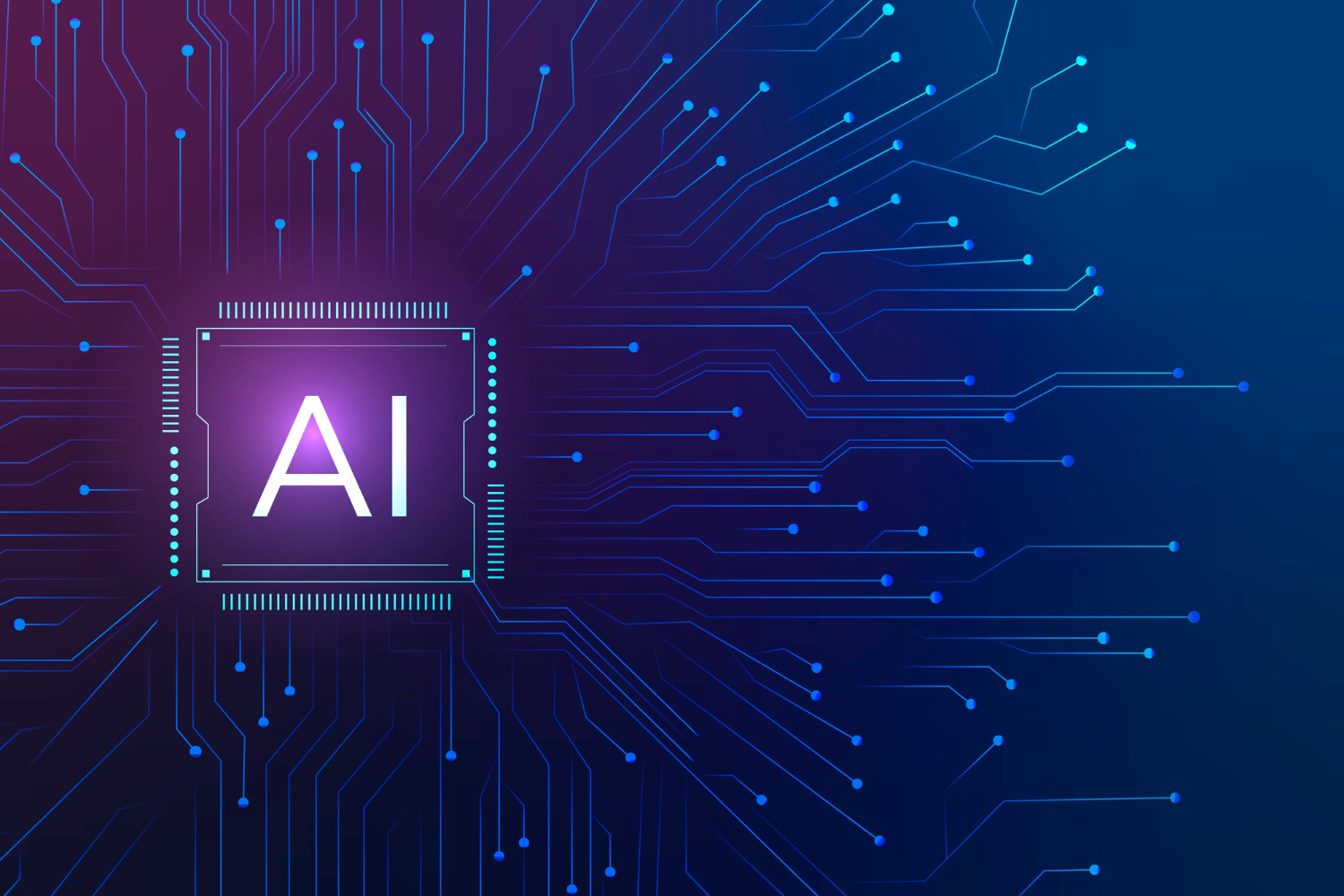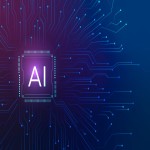Artificial Intelligence (AI) and Machine Learning (ML) have garnered significant attention in recent years, revolutionizing various industries and transforming the way we interact with technology. While AI and ML offer immense potential, it is crucial to understand their pros, cons, as well as dispel common myths and shed light on the facts surrounding these technologies. Let's delve into the fascinating world of AI and ML, exploring their advantages, disadvantages, and debunking misconceptions.
PROS
Automation and Efficiency
AI and ML enable automation of tedious and repetitive tasks, boosting efficiency and productivity. From data analysis and pattern recognition to complex decision-making processes, AI-powered systems can handle massive amounts of data and deliver faster and more accurate results.
Personalized Experiences
With AI and ML algorithms, personalized experiences have become a reality. From personalized recommendations in e-commerce and streaming platforms to customized user interfaces, AI can analyze user data and preferences, tailoring experiences to individual needs.
Enhanced Healthcare
AI and ML have the potential to revolutionize healthcare by improving diagnostics, drug discovery, and treatment plans. From medical image analysis to predictive modeling, these technologies can aid in early detection of diseases and assist healthcare professionals in making informed decisions.
Improved Customer Service
AI-powered chatbots and virtual assistants provide instant and personalized customer support, enhancing customer satisfaction. These systems can understand and respond to queries, resolve issues, and provide 24/7 assistance.
CONS
Data Bias and Privacy Concerns
AI and ML algorithms are only as good as the data they are trained on. If the training data is biased or flawed, it can lead to biased outcomes. Moreover, the collection and utilization of vast amounts of personal data raise privacy concerns and the need for ethical practices.
Job Displacement
The automation capabilities of AI and ML may result in job displacement in certain industries. Routine tasks that can be automated may no longer require human intervention, potentially impacting employment opportunities. However, it is important to note that AI and ML also create new job roles and opportunities.
Lack of Explainability
Deep learning algorithms, a subset of ML, can be highly complex and opaque, making it challenging to interpret how they arrive at certain decisions. This lack of explainability raises concerns about transparency and accountability, especially in critical domains like healthcare and finance.
Dependency on Data and Infrastructure
AI and ML systems heavily rely on high-quality data and robust infrastructure. Lack of access to sufficient and diverse datasets, as well as the need for powerful computing resources, can be barriers to effectively implementing these technologies.
Myths and Facts about AI and ML:
Myth: AI will surpass human intelligence and take over the world.
Fact: AI is designed to augment human capabilities, not replace them. The goal is to create powerful tools that enhance human decision-making and productivity.
Myth: AI and ML are only relevant to tech companies.
Fact: AI and ML have applications across various industries, including healthcare, finance, manufacturing, transportation, and more. These technologies are increasingly integrated into everyday products and services.
Myth: AI and ML are only for large organizations with abundant resources.
Fact: AI and ML tools and frameworks have become more accessible, allowing small and medium-sized enterprises and individual developers to leverage their capabilities.
Myth: AI and ML will solve all problems and make human expertise obsolete.
Fact: AI and ML are powerful tools but have limitations. They require human expertise for proper design, training.





